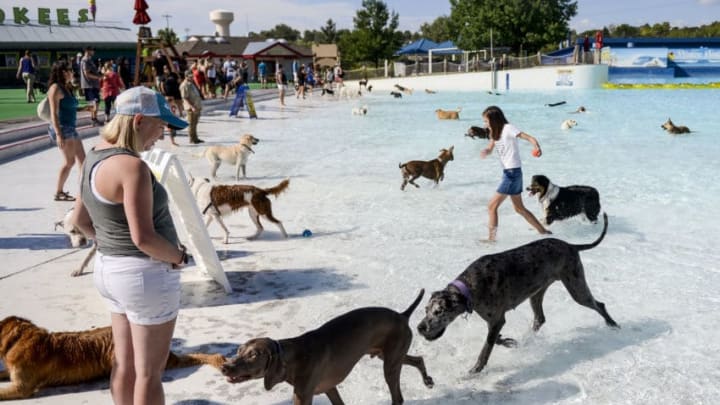Dog owners are more likely to be extroverts, two new studies have found.
Dog owners are more likely to be extroverts, according to two recent studies.
Dog O’Day came across these through Introvert, Dear.
The first study, run by University of Texas psychologist Dr. Samuel Gosling, surveyed a little over 4,500 participants ranging in age from 10 to 95, with about 60 percent of the respondents being female.
They were asked whether they felt they were dog people, cat people, both, or neither, and tested on the Big Fiver personality traits (Openness to New Experiences, Conscientiousness, Extroversion, Agreeableness, Neuroticism).
Shockingly, 15 percent of the respondents said they were neither a dog or a cat person, while only 12 percent were cat people. 46 percent were dog people, while 28 percent were both.
Dog owners were scored far higher on extroversion, agreeableness, and conscientiousness, while scoring lower on neuroticism and openness.
This would make sense, given that dogs are pack animals, and their long intertwined history with humans during the canine domestication process.
The second study was run by Dr. Stanley Coren, psychology professor at the University of British Columbia and the author of many nonfiction works on canine psychology.
As Coren writes for Psychology Today, he found that dog owners are less likely to be generally trusting of the outside world, and more likely to be extroverted. They are also less likely to live alone.
Many people who own both dogs and cats have generally the same traits as those with only dogs, while only-dog people are more likely to consider the idea of adding a cat to the household if someone gave them a free kitten than only-cat people if someone offered a free puppy.
This tendency makes sense, though; considering that dog culture tends to be larger as part of the pack mentality – it’s why spaces like dog parks exist in high-traffic areas.
Of course, dogs do have higher costs of keeping, due to the possibility of vet bills, etc.
As both a dog and cat person, and a very confirmed introvert, I (Wesley) found these findings very interesting.
What did you think of these findings?
